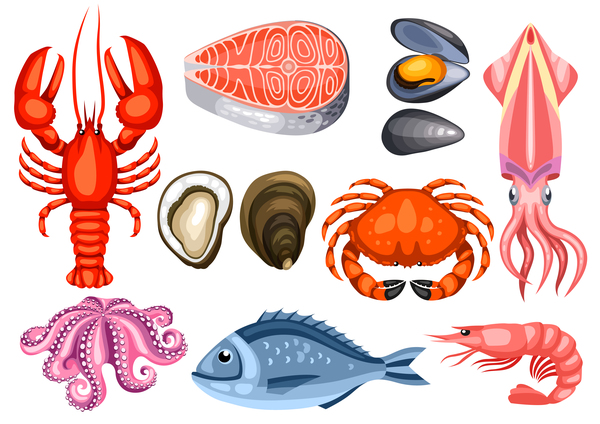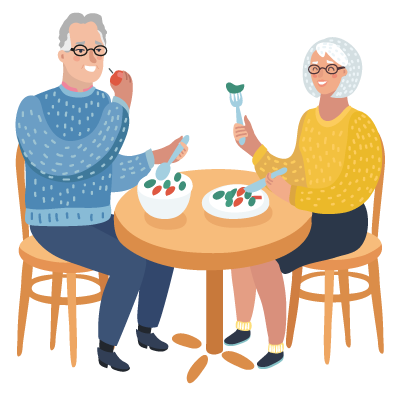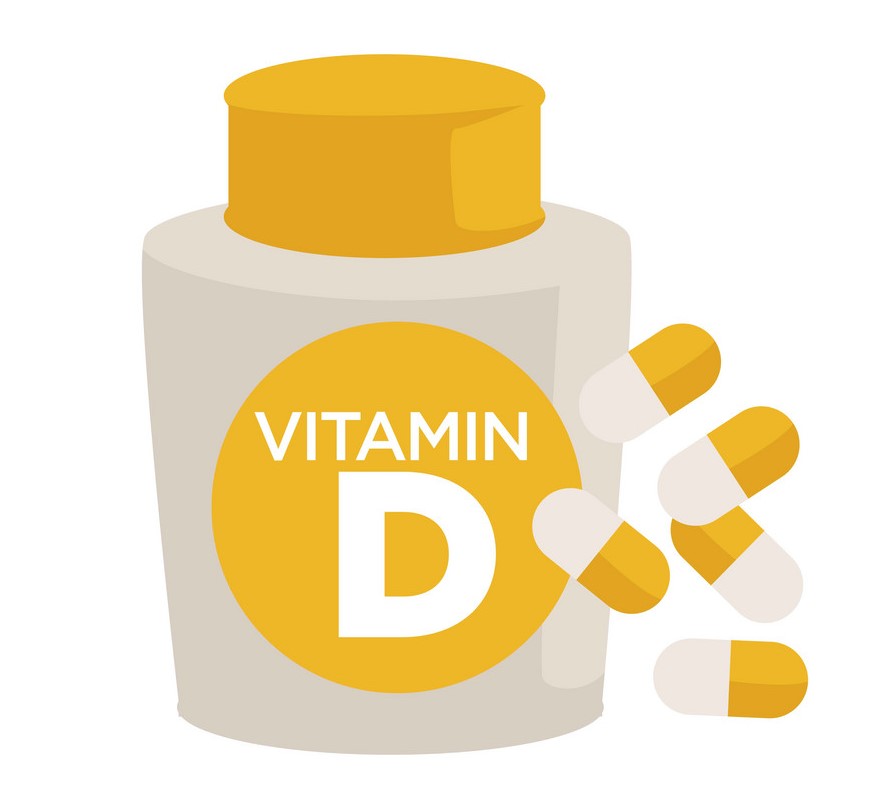Keeping fit and healthy is something we all try to do. During the Coronavirus pandemic this has become even more important to give your immune system a boost and reduce the chances of getting sick. One vitamin that is essential for good health, which people sometimes struggle to get enough of especially during the winter months, is vitamin D.
From late March/early April until the end of September most people are able to get all the vitamin D they need from sunlight. However for those that have been shielding indoors or just going out less due to the lockdown measures there is a chance that you may not be getting enough vitamin D.
So we thought we’d offer some easy tips for keeping your vitamin D levels up at this time.

Spend time outside
The sun is one of the best sources of vitamin D hence it is often referred to as the ‘sunshine vitamin’. Sun-derived vitamin D may circulate twice as long as vitamin D from food or supplements.
Skin hosts a type of cholesterol that functions as a precursor to vitamin D. When this compound is exposed to UV-B radiation from the sun, it becomes vitamin D. Therefore it’s a good idea to spend at least 30 minutes outside a day during spring and summer, either in the garden or taking a stroll. If it is warm enough, roll up your sleeves, so more skin is exposed to the sun.
Another option for those shielding is to open a window or stand in your door way in direct sunlight. You just need to ensure the direct sunlight hits your skin!
In the UK, sunlight does not contain enough UV-B radiation in the winter (October to early March) for skin to be able to make vitamin D, so there are some other ways to get vitamin D which include adding more vitamin food sources to your diet.

Eat fatty fish and seafood
Fatty fish and seafood are among the richest natural food sources of vitamin D, so try eating more fish such as salmon, tuna, sardines, shrimps, and anchovies. Fresh, tinned, and frozen will have varying levels of vitamin D so it is probably best to eat fish and seafood once or twice a week to ensure your levels are topped up. Many of these foods are great for heart health too as they contain omega-3 fatty acids.
Why not try these delicious recipes from BBC Good Food – Spaghetti and sardines or Spiced rice, kippers and poached egg for a vitamin D boost!

Treat your mushrooms to UV light
Mushrooms are the only plant food to contain vitamin D. A study has found that mushrooms exposed to the sun can provide as much vitamin D as a health supplement. Much like our skin, mushrooms transform ultraviolet light from the sun into the vitamin and continue to do so even after they have been harvested. Researchers recommend people take the fungi out of their wrapping and leave them outside for half an hour before eating.

Add egg yolks and fortified foods to your diet
Eggs are not only one of the healthiest fast foods around. As well as many other vitamins and minerals, egg yolks are a great source of vitamin D, especially from chickens raised outdoors. Boiled, scrambled, fried or omelette – eggs are also one of the most versatile foods making them very easy to add to your diet.
Here are another couple of recipes from BBC Good Food using eggs; one-pan summer eggs and a holiday favourite, Spanish omelette.
Many other foods are also fortified with vitamin D such as fat spreads, cereals, and some plant-based alternatives to milk, so these can be another way to add some extra vitamin D to your diet. Remember to check the labels to ensure you know if you are getting a vitamin D boost from eating or drinking these.

Take a supplement
The NHS suggests that people could consider taking 10 micrograms of vitamin D a day to keep bones and muscles healthy; especially if they are spending more time indoors due to Coronavirus and not getting enough vitamin D from sunlight.
These are just a few ways to boost your vitamin D levels. Remember most people get enough vitamin D during the spring and summer just through exposure to sunlight.
During the winter (when viruses hit harder) it may be useful to increase your intake of vitamin D rich foods or take a supplement. Hopefully, we have given you some easy ways to make sure you are getting enough at this time!




